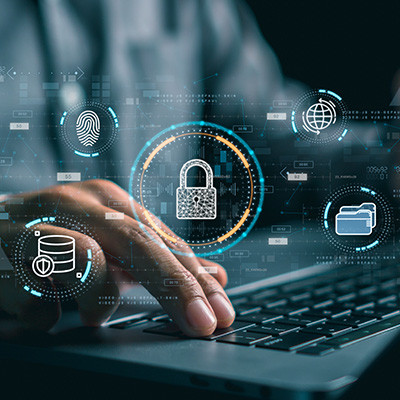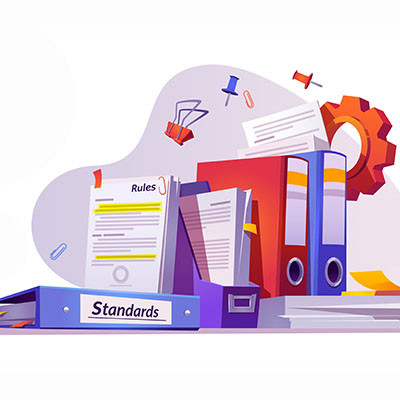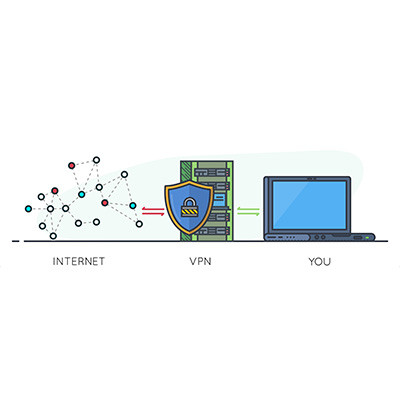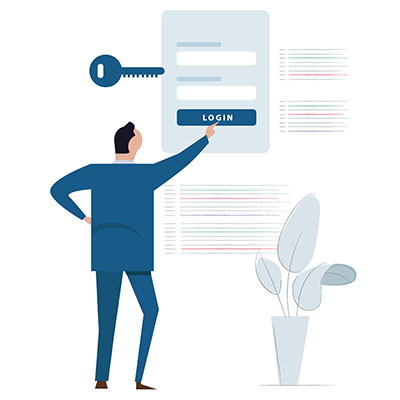These days, data privacy is absolutely critical in both a business and individual context. In some locations, governments have introduced legislation to protect consumers, and in others, there is significant pushback in favor of fewer regulations on business. How does data privacy factor into your business’ operations?
Apex Technology Blog
In 2004, a service called VirusTotal was launched and swiftly became a popular antivirus and malware scanner to help detect threats in various files and URLs. It became popular enough that it was officially acquired by Google in 2012 and ultimately assimilated into Chronicle, a cloud-based security operations suite for enterprise businesses. Despite this impressive pedigree, however, we find ourselves able to look to VirusTotal as a sobering reminder of how fickle cybersecurity can be, with the service being the source of some limited data exposure.
Compliance is a critical element of many businesses’ requirements, with pretty severe penalties as a consequence if the prescribed standards are not met. Even more importantly, most compliance requirements and regulations are put in place for the welfare of not only the business, but its clientele as well. This makes it critical to know which apply to your business, and how to meet them fully.
When it comes to security, one often overlooked tool is the virtual private network, or VPN. We recommend that all businesses use a VPN to keep remote and hybrid workers from inadvertently putting your business’ data at risk while out of the office. Let’s go over why a VPN is so effective, as well as what you should look for in a business-grade VPN tool.
Who are you? While it’s a question that’s been asked in all contexts with all levels of metaphysicality attached—from asking someone their name to prompting someone to follow a path of spiritual self-discovery—the growth of the metaverse once again urges us to ask it in a more literal way. When accessing a conglomeration of various services and platforms, how many identities will each user need to juggle?
We aren’t going to try and pretend that the investments necessary to preserve your business’ data security are small ones. Especially at first glance, you may very well start to question if such an investment is truly necessary.
The simple fact of the matter is that, compared to the costs that a breach of privacy will incur, the investment you put into your security measures will suddenly seem like a real bargain.
Chances are, you’ve gone through some old files and weeded through them, deleting what is no longer needed. This is especially important when you are upgrading your storage and getting rid of your existing storage media or an old computer. Let’s talk about what really happens when you’re doing so—chances are, you may be overlooking a serious security issue.
Have you ever wondered how some platforms will only have you log in once for all of your various needs, even though they might be different applications, websites, or services? This is essentially what single sign-on is, and it’s quite common in the technology world today. What is single sign-on exactly, and what kind of security does it actually provide for organizations that use it?
When we talk about data privacy in a business, the default is to generally think about the data the business has collected and compiled from its clientele. However, that’s just one type of data a business has. There’s also a lot of data that is collected by the business about that business’ employees. So, how well protected is this data?
With so many employees still working remotely, organizations have turned to technology to ensure that their workers are actually… you know, working. While the need to know what your employees are up to throughout the workday is important, there is now a discussion happening on whether or not this violates employees’ privacy.




















